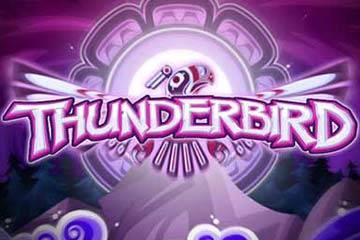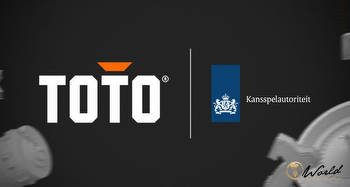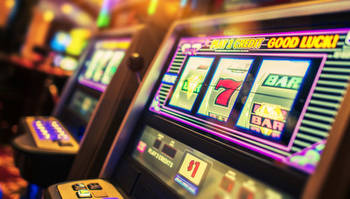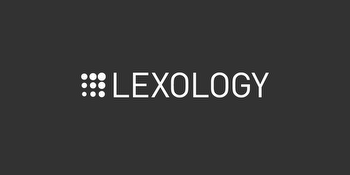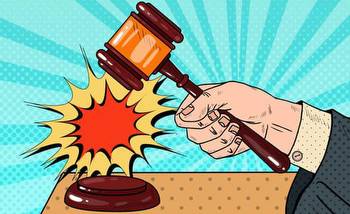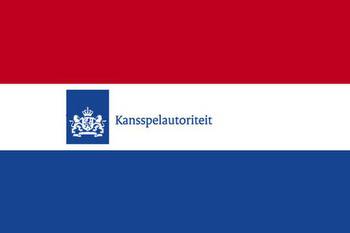The Changing Dynamics of the Dutch Online Gambling Sector

Since the introduction of the Remote Gaming Act (Koa) in the Netherlands in October 2021, the Dutch Gaming Authority (Ksa) has received a wave of license applications. Important deadlines, such as April 1, 2022, caused increased applications to arrive. What is the Ksa and what does it mean for iGaming?
The Role of the Gambling Authority
The main purpose of the Ksa in the Dutch iGaming market is to protect the casino player, prevent money laundering and prevent gambling addiction. Online casinos must be aware of their responsibility for this and understand the need for safe gaming. This always, even in times of growth and change.
The Ksa acts as regulator. With tasks such as licensing, but also enforcing the rules and conditions! Gambling addiction is also a priority and the main tool here is Cruks, the Central Register Exclusion of Gambling. Gambling addicted players of an online casino can exclude themselves from participating in games of chance by registering in Cruks.
Responsibility and Awareness
All parties, both regulators and players, must recognize accountability and take action to provide a safe gaming environment. And this is only possible through cooperation from both parties!
The Dutch Gaming Authority (Ksa) has the authority to impose fines in case of violations of the Remote Gaming Act (Koa). The Minister of Legal Protection oversees the actions of the Ksa and ensures that the authority takes action against improper actions by gambling companies.
The Fines
There are several fines that the Ksa can impose on gambling companies:
- Administrative fine: This is a fine that can be imposed directly by the Gambling Authority without the need for a judge. The amount of the fine can be up to €870,000 or 10% of the offender's annual turnover, whichever is higher.
- Order under administrative coercion: If a violation occurs, the Gaming Authority can impose a measure to stop the violation. This measure is called an "order under administrative coercion." It is a kind of warning with an action plan attached.
- Penalty payment: If a violation continues, the Gaming Authority can impose a penalty payment. This means the violator is given a certain amount of time to end the violation. If this does not happen, the violator must pay a sum of money.
- Public Prosecutor: If a violation occurs repeatedly or if there are serious violations, the Gaming Authority can call in the public prosecutor to take criminal action. This means the case may be taken to court.
Conclusion
The Ksa can enforce compliance with the law, as we mentioned above. The only reason it does so is to ensure the integrity of the gaming market and protect casino players. So the Ksa plays a crucial role in this, and not only that, it also plays a supporting role for a casino that may be in violation.







